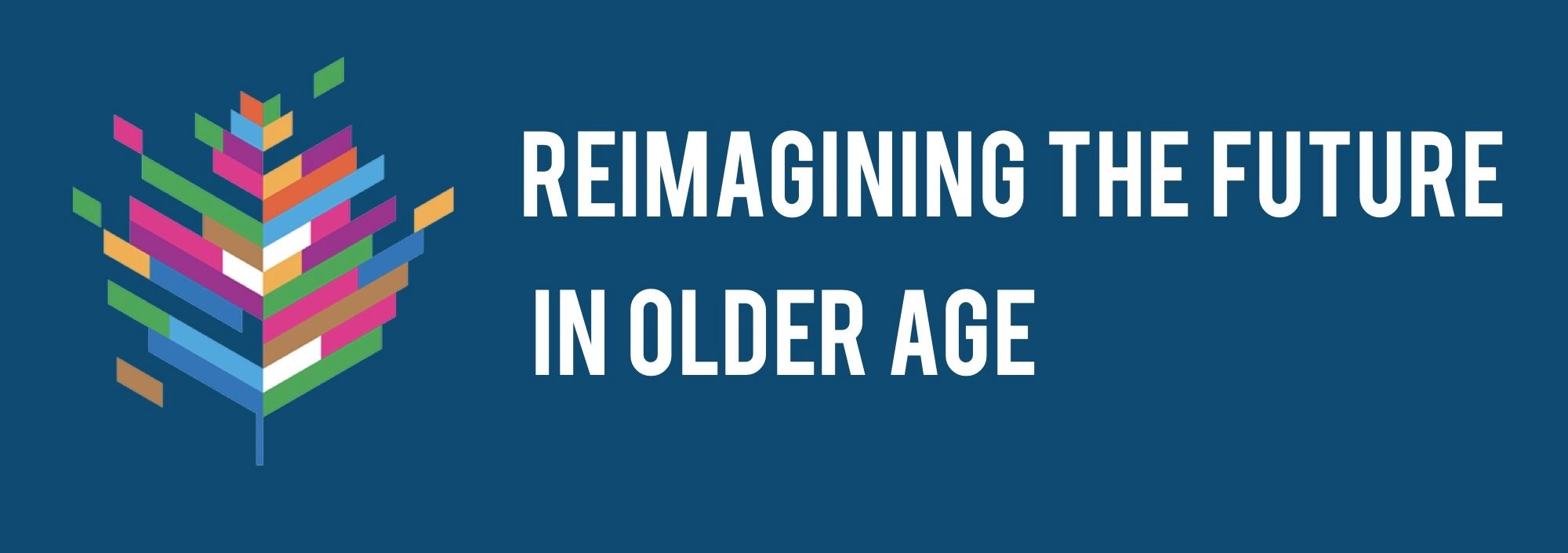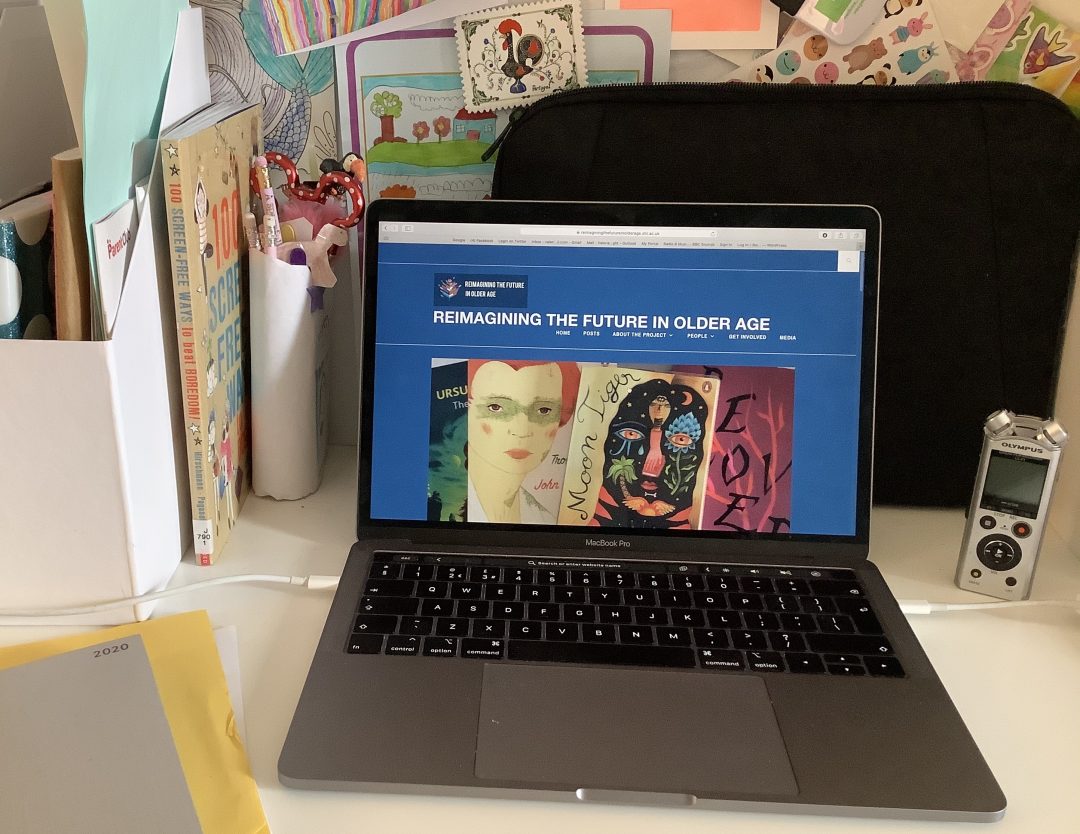Back in January when we started this project we could never have envisaged that there would be a global pandemic by March. The virus, lockdown and social distancing continue to have profound consequences on people’s everyday lives, their jobs and social relationships. In addition, many have lost people they love. The number of deaths at the time of writing (18 June) is an estimated 42,153 in England and Wales (HM Government) and 4,070 in Scotland (National Records of Scotland). Only in the future will we know the full implications and legacy of this for people of all ages in our communities over the long-term.
We decided in March that it was important to try and continue with the project’s schedule as planned, as the focus of the research became even more important in the context of the virus. The project’s interlinked themes of older age and future time were extremely relevant, given the high proportion of older adults both vulnerable to Covid-19 and, at that point, at risk of dying from the virus. As the number of deaths subsequently increased, the statistics relating to older adults were, and remain, harrowing. That care homes in Scotland and other parts of the UK were clearly not adequately protected, resulting in thousands of preventable deaths, is evidence of ageist attitudes in government responses; the implication being that the lives of care home residents do not matter as much as those of other citizens, purely on account of their age.
In our current situation, and as a result of the loss of life, it is more important than ever that we consider the future in terms of what older adults want rather than need. It is also important to think creatively about promoting intergenerational connections and solidarity within our communities and society more generally. The UK has one of the most age segregated societies in Europe, which has perhaps been highlighted by the general public response to the deaths in care homes and the acceptance of ongoing ‘shielding’ for vulnerable older adults.
We began the project thinking of how we would all imagine a future where older adults were more valued. This objective has obviously been affected by our current context. We are also now thinking of what kind of future we want post-Covid19, what ‘new normal’ we can all create collectively and intergenerationally that will challenge ageist discourses around older age and future time.
Originally our plan was to begin intergenerational reading groups, in person, in two locations in the Central belt of Scotland back in April. Even before the official lockdown measures were introduced we knew that this would not be possible. It was clear that it would not be safe to have approximately ten people meeting in person. We began thinking about how we might be able to organise reading groups that could meet online, and the opportunities and challenges this might bring.
One of the members of our Project Advisory Group had suggested back in January that we provide a virtual connection for those who could not attend in person. It is true that not all people can or want to travel to a reading group. Thus we were already aware that moving online would theoretically enable us to bring together people from all over Scotland, not just the central belt as originally was planned. It would also give us the opportunity to reach people who were more comfortable online than in person. In this sense then, the move online has increased accessibility. Indeed one of our participants told us that they would not have been able to participate in a face to face group.
There were also practical considerations. Instead of two groups of ten participants, we decided to have four smaller online groups with a maximum of six participants. We thought that it would be more difficult to facilitate large groups and that it would be overwhelming for participants to have to interact with too many other people online. Six seemed a manageable number in addition to the project team of two. Also we wanted participants to feel like they were getting to know each other and having meaningful interaction with each other, as we hoped would have happened in person. In this sense we hoped that participation in the group may help overcome the isolation that we’re all feeling under lock-down conditions.
The move online has involved a lot of organisation, which we would have had with the original ‘in person’ groups too. We’ve recruited via social media and our website, as well as sending emails to a variety of organisations throughout Scotland asking that the details of the project be shared. This has been remarkably successful. We’ve also provided technical support on using the online forum which is working well. Luckily the postal service has continued throughout lockdown and we’ve been able to send books out to participants.
While the move online has made participating in the groups more accessible to some, we acknowledge that this will not have been the case for everyone. I have to admit my own naivety in assuming that digital inclusion projects aimed at older age groups were more widespread. We had more difficulty in recruiting people over the age of 75, with the use of technology being a barrier to participation. This is obviously not just a problem in terms of our project, but I wondered how this is affecting isolation among older adults ‘shielding’ in lock-down. Going forward, without a vaccine, older adults will remain vulnerable to Covid-19, and while there are many priorities for governments, inequality and access to digital resources perhaps should be high on the agenda in terms of ensuring that older adults are able to communicate and contribute in digital spaces.
This website will also now play a more prominent role in the project and we’ll be posting summaries of the online reading groups and our discussions – so watch this space!
We’d be interested to hear your thoughts and opinions. You can leave comments below.
Valerie

